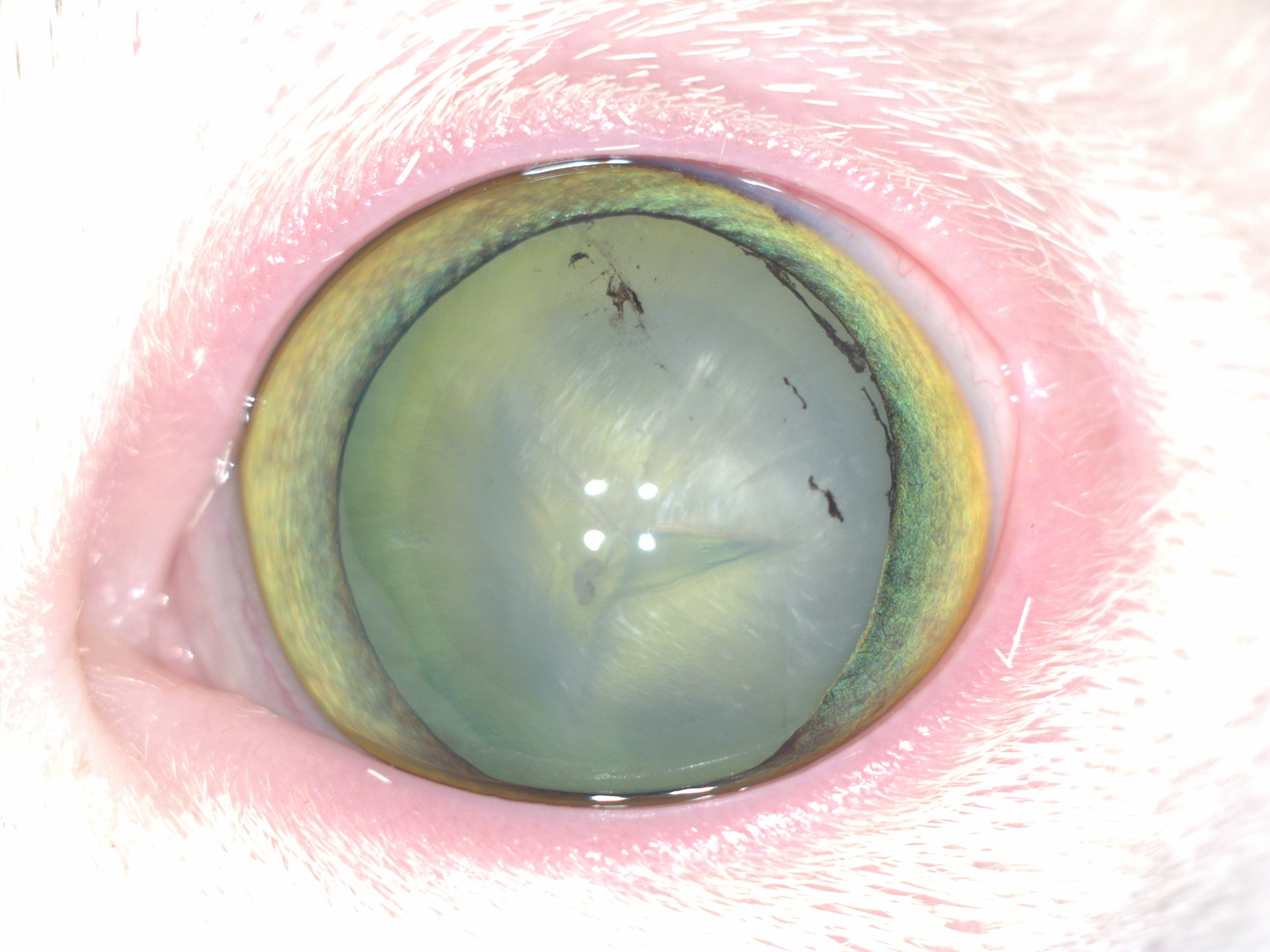



Taurine deficiency symptoms free#
Taurine is a unique amino acid (sulfone), present in free form in the tissue (interstitial fluid) and plays several vital roles in biological processes. That is because the precursor methionine and / or cystine is accessible in sufficient quantities in their diet. Taurine is an amino-sulfonic acid that is not necessarily found in dog diets. What to Look for When Buying Taurine Supplements for Dogs?.Urinary Problems and Taurine Deficiency.What Health Problems Does Taurine Deficiency Cause in Dogs?.Taurine Deficiency in Dogs: What Causes It?.What Tests Do Veterinarians Use to Check for Taurine Deficiency?.

Taurine Deficiency in Dogs: Signs and Symptoms.What May Be the Problem If Not Grain-Free Diets?.Are Grain-Free Diets Promoting Taurine Deficiency in Dogs?.What Is the Purpose of Taurine in Dogs?.Here’s all you need to know about taurine’s effects on dogs, as well as the symptoms, causes, and therapies for taurine insufficiency. Some dogs, however, may require taurine supplementation due to a deficit caused by medical disorders. Therefore it’s not necessary to add it to their meals. Dog’s bodies regularly synthesize taurine on their own. Some dog breeds are known to require taurine in their diet.Ī taurine deficit in dogs occurs when the amino acid taurine is deficient. The other ten amino acids are “essential,” which means the food must contain them. That indicates their bodies can produce them. Twelve of these amino acids are “non-essential” in dogs. The human body requires 22 amino acids to work well. As a start, it’s paramount to understand that amino acids are the basic building blocks of protein. Cardiac arrhythmias having no known cause in otherwise healthy people are hypothesized to be symptoms of deficiencies of taurine and arginine.For many years, the importance of taurine for dogs has been well-known. l-arginine is hypothesized to prevent cardiac arrhythmias by NO stabilization of the sinus node. Endogenous production of taurine and l-arginine may decline in aging perturbing cardiac rhythm, and these "conditional" essential nutrients therefore become "essential" and require supplementation to prevent morbidity and mortality. l-arginine may have anti-arrhythmic properties resulting from its role as a nitric oxide (NO) precursor and from its ability to restore sinus rhythm spontaneously. Arrhythmias may also respond to taurine because it dampens activity of the sympathetic nervous system and dampens epinephrine release. Taurine restored energy and endurance in one of the cases from a debilitated status to normal. Effects of taurine useful in preventing arrhythmias include regulating potassium, calcium and sodium levels in the blood and tissues, regulating excitability of the myocardium, and protecting against free radicals damage. Adding 4-6g of l-arginine immediately terminated essentially all remaining pauses and PACs, maintaining normal cardiac rhythm with continued treatment. Case histories of people with very frequent arrhythmias are presented showing 10-20g taurine per day reduced PACs by 50% and prevented all PVCs but did not prevent pauses. We searched for nutrient deficiencies that could cause cardiac arrhythmias, and found literature support for deficiencies of taurine and l-arginine.


 0 kommentar(er)
0 kommentar(er)
